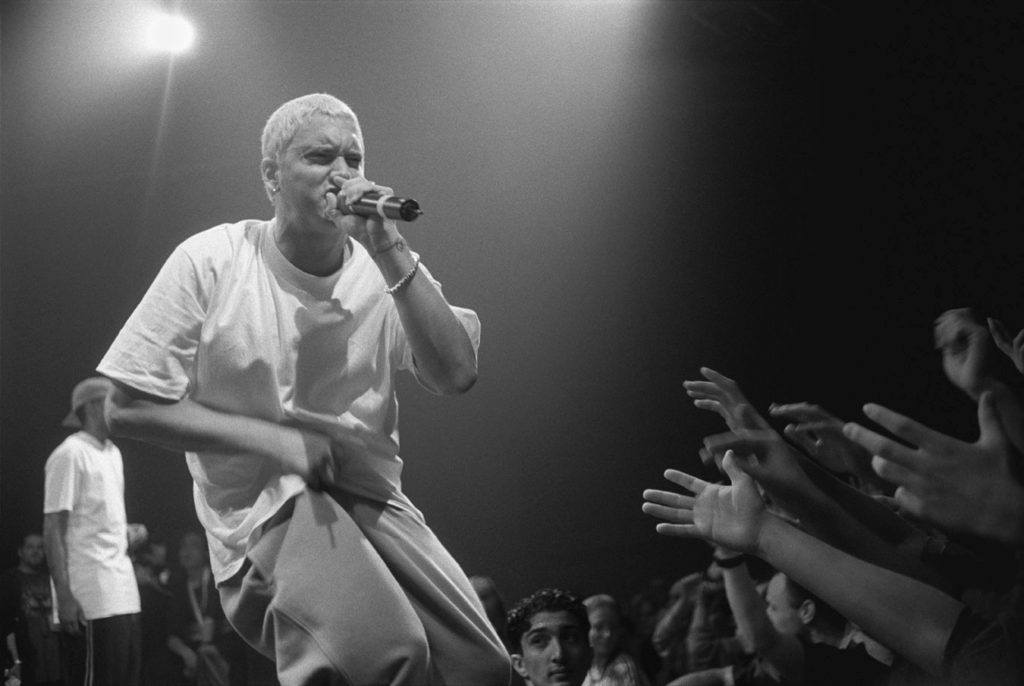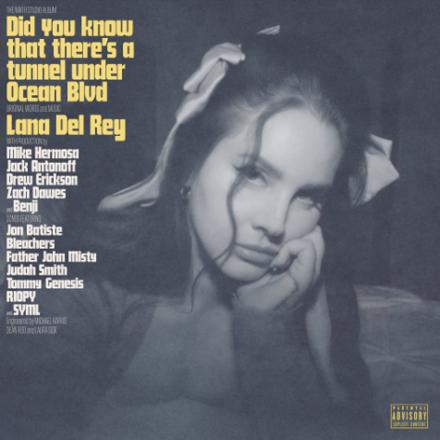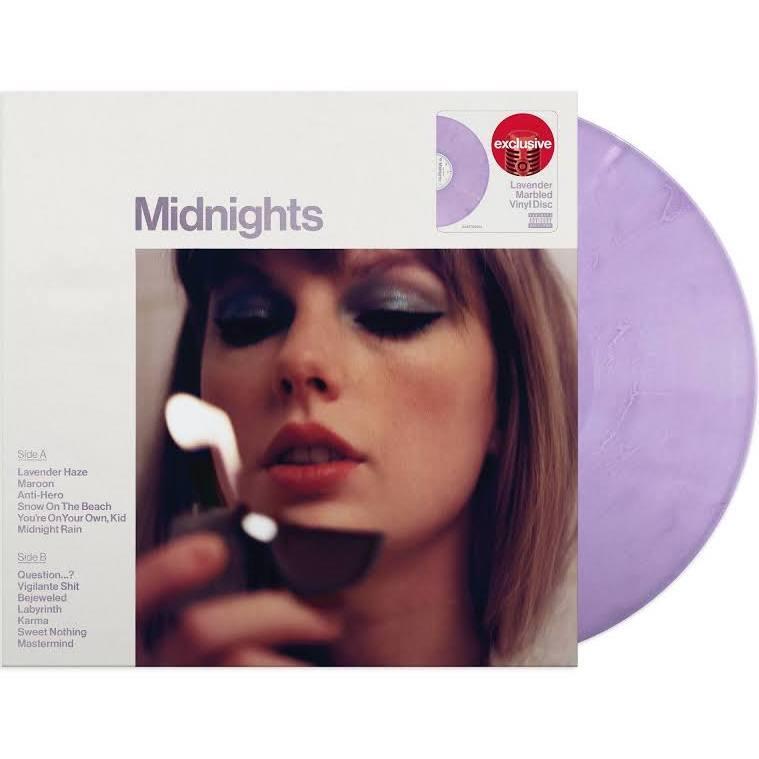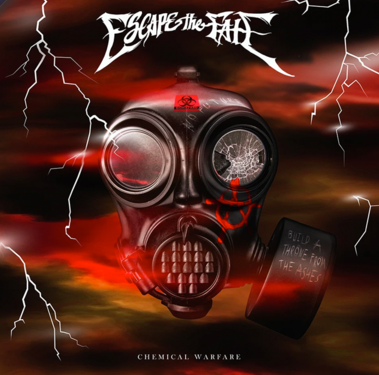Kamikaze by Eminem
Opinions belonging to Luke Hobika
Best tracks: “Greatest;” “Lucky You;” “Kamikaze;” “Fall”
Worst tracks: “Nice Guy;” “Venom”
The fire that Marshall Mathers, also known as Eminem, lit up under himself during the start of his career is far from over, but a return to his once-focused form could be seen on his 2013 release The Marshall Mathers LP 2. In the projects that made up the time between the end of his prime (Encore) and 2013 (The Marshall Mathers LP 2) the anger and motivation that once drove Eminem was missing, but he still delivered material with satisfying substance. Yet in the years leading up to the abysmal Revival, Eminem’s rapping strategy became more and more apparent with every project he took part in: Throw a bunch of words together that rhyme but have no context, then rap very fast for a portion of the verse.
Yes, Mather’s technique grew in complexity with every rhyme, but his music grew tedious. What made Revival the nightmare is it includes the feeble matter that had infected Eminem’s past panned material, such as lackluster production, underwhelming pop performances, and reused concepts. In addition, cringing dad-rap lyrics were thrown into the mix (“Her booty is heavy duty, like diarrhea!”). As a result, the music community erupted in rage when none of these faults were fixed. Revival confirmed that Eminem’s reign at the top of hip-hop was done, replaced by more recent artists that have found a sound in the subgenre of trap. It seemed that the final nail was put into the coffin of the career of the artist that claims to be the “rap god.”

The aftermath of Revival coupled with the criticisms of fans and analysts alike triggered Eminem to rebuttal with a full-blown album, Kamikaze. In the end, Kamikaze is better than Revival, but that is not saying much given the standards set by Revival. However, an area that Kamikaze shines where Revival fell short is with its updated production. From the help of popular producers like Mike Will Made It and Tay Keith, Eminem can appeal to a current audience while simultaneously getting his point across about the genre over trap-layered beats.
The main theme of the album, slandering the critics who put down Eminem as well as denouncing the current state of hip-hop, is made
The album includes a personal section on “Stepping Stones,” a track that discusses the regrets Mathers has with not promoting the D12 band and leaving its fellow members in the dirt after the passing of one of its core members, Proof. While the track comes off as sentimental for Eminem, as a listener who knows the capabilities of Eminem this song makes Eminem look self-centered. He invested so much attention into Slaughterhouse, so what’s the difference in doing it with D12. This is a recurring problem on the album that truly takes away from its overall value: Eminem contradicting himself.
After he says that he takes a loss by mentioning other rappers by giving them unnecessary attention, he continues on for twelve tracks by slandering other rappers, which gives them attention. Fault also shows when Eminem makes it clear that the catastrophe that Revival was is not actually that bad. In fact, he says that the album was “slept on.”
His own acclaim for the album is further displayed with the consistency of the album. After three hard-hitting opening tracks, a skit is placed which leads into a habitual Eminem track where he stalks a girl, she hits him, he does some weird act, repeat on the next album, then follows this with another skit that leads into the context that was prevalent on the first three tracks. The album takes a complete nosedive after the diss-filled “Fall” when “Nice Guy” arrives, which after tens of listens still cannot be comprehended.
Then, what is an Eminem album without a song about a domestically violent relationship (“Nice Guy”)? Also, the whole purpose of the album is further stripped away when Eminem crawls into another one of his old habits by collaborating with movie soundtracks, but this time he places the song he is featured on right at the tail end of the album. “Venom” has undeniably the worst chorus out of any song in Eminem’s discography with the obnoxious “VENOMMMMMMM.”

Another complication of the album resides with the insults themselves. Eminem is no stranger when it comes to controversy, especially during his earlier days. Mathers can make dozens of records ridiculing artists and celebrities, yet in his eyes, it is not okay to send one subliminal shot at him. Plus, the mockery he sends to other celebrities is very dated for today. Take the Tyler the Creator lines for example. Eminem has been calling people “f–gots” since his debut, but over twenty years that term has drastically changed in the world. By using it in 2018 against a possibly homosexual individual further confirms the aging of Eminem on today’s present culture. The contradictions in attendance on Kamikaze causes the album’s attack on its enemies to fall short, leaving Eminem as the only one dead.
Yes, Eminem did come into Kamikaze just as a kamikaze pilot would in war. He arrived strapped with an aggressive, lyrical and instrumental arsenal that was absent in his material over the past few years. However, this kamikaze failed because, in the aftermath of the attack, Eminem is the only one who lays dead, while the opposing side remains standing unaffected because Eminem never did in fact attack. He killed himself as a result of self-difficulties before even striking.










































